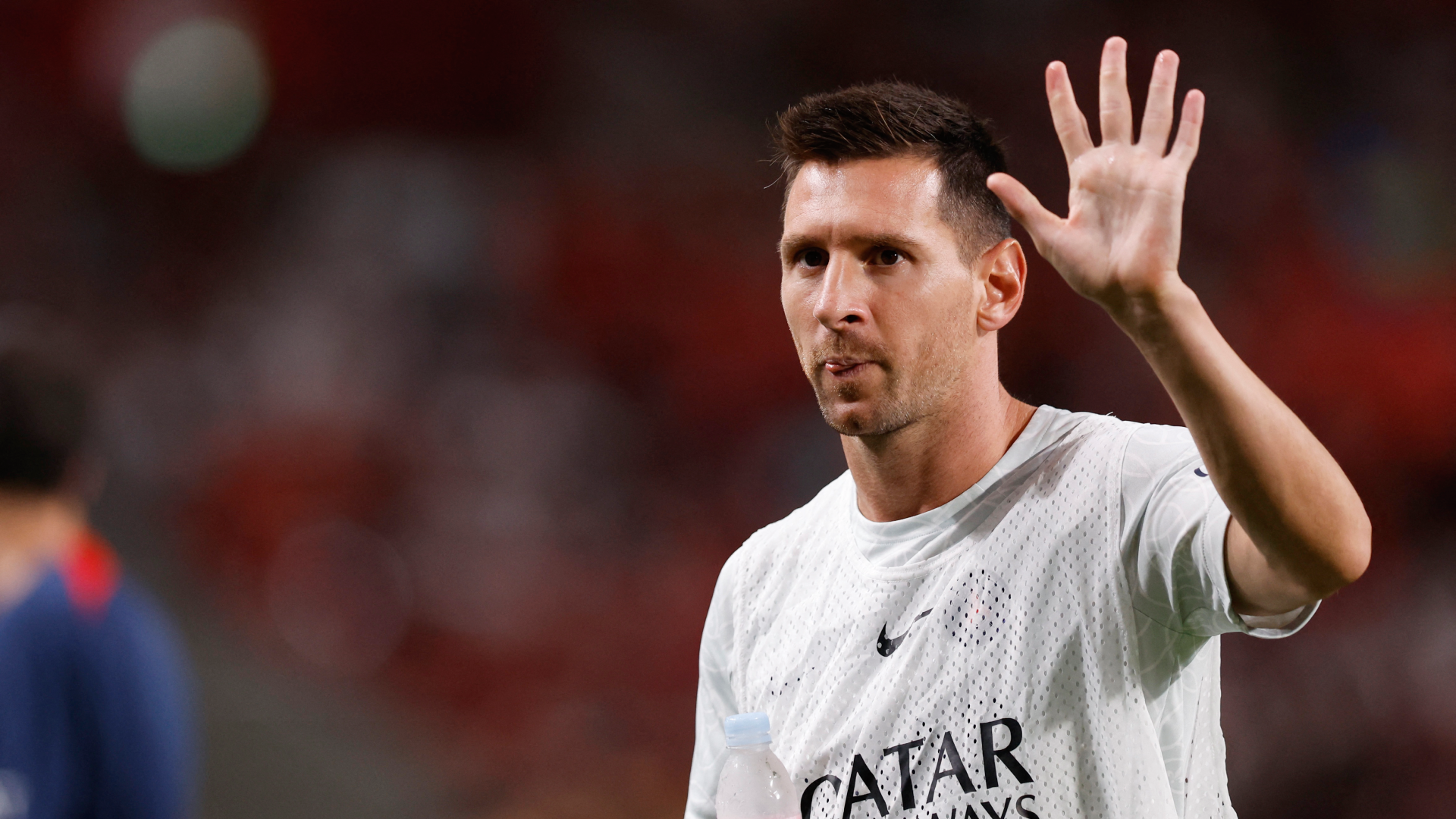- Home >
- Soccer >
- FIFA Club World Cup >
- Why Brazil, Mexico and MLS Outperformed Argentine Teams at the Club World Cup
Why Brazil, Mexico and MLS Outperformed Argentine Teams at the Club World Cup
The first round of the 2025 FIFA Club World Cup delivered surprises, confirmations, and disappointments. Brazil reaffirmed its dominance with a perfect group stage, Mexico impressed with solid results, and MLS celebrated a historic milestone. In contrast, Argentina endured one of its weakest international campaigns in recent memory.
Brazilian Clubs Shine With Unbeaten Group Stage Runs
Fluminense, Palmeiras, Flamengo, and Botafogo all advanced to the Round of 16 without a single loss, asserting Brazil’s position as the top force in South America. Notably, Botafogo stunned Paris Saint-Germain, securing a statement win over a European heavyweight. Tactical discipline, strong defenses, and explosive individual talent made the difference—leaving no doubt that Brazilian clubs are currently one step ahead of the rest.
Monterrey Leads Mexico’s Strong Showing on the Global Stage
Rayados de Monterrey emerged as one of the standout performers, crushing Urawa Red Diamonds 4–0 to book a spot in the knockout stage. Led by Domènec Torrent, the Liga MX side secured second place in Group E after drawing with River Plate and defeating the Japanese side.
Meanwhile, Pachuca, the CONCACAF Champions Cup winner, failed to advance after losses to Real Madrid and RB Salzburg, exiting in the group stage.
Historic Moment for MLS as Inter Miami Advances
For the first time in Club World Cup history, an MLS club reached the knockout rounds. Inter Miami, powered by Lionel Messi, drew 2–2 with Palmeiras and qualified from its group. While LAFC and Seattle Sounders were eliminated, the league celebrated a major breakthrough for the Florida-based club as a sign of progress on the international stage.

Argentine Clubs Disappoint With Early Exits
It was a tournament to forget for Argentine football, though not without nuance. River Plate collected four points—drawing with Monterrey and beating Urawa Red Diamonds—but it wasn’t enough to qualify.
Boca Juniors, however, delivered one of the most shocking results of the tournament: a draw against Auckland City that cost them a place in the next round. Both Argentine giants were knocked out in the group stage, raising questions about their ability to compete in a rapidly evolving global football landscape.









